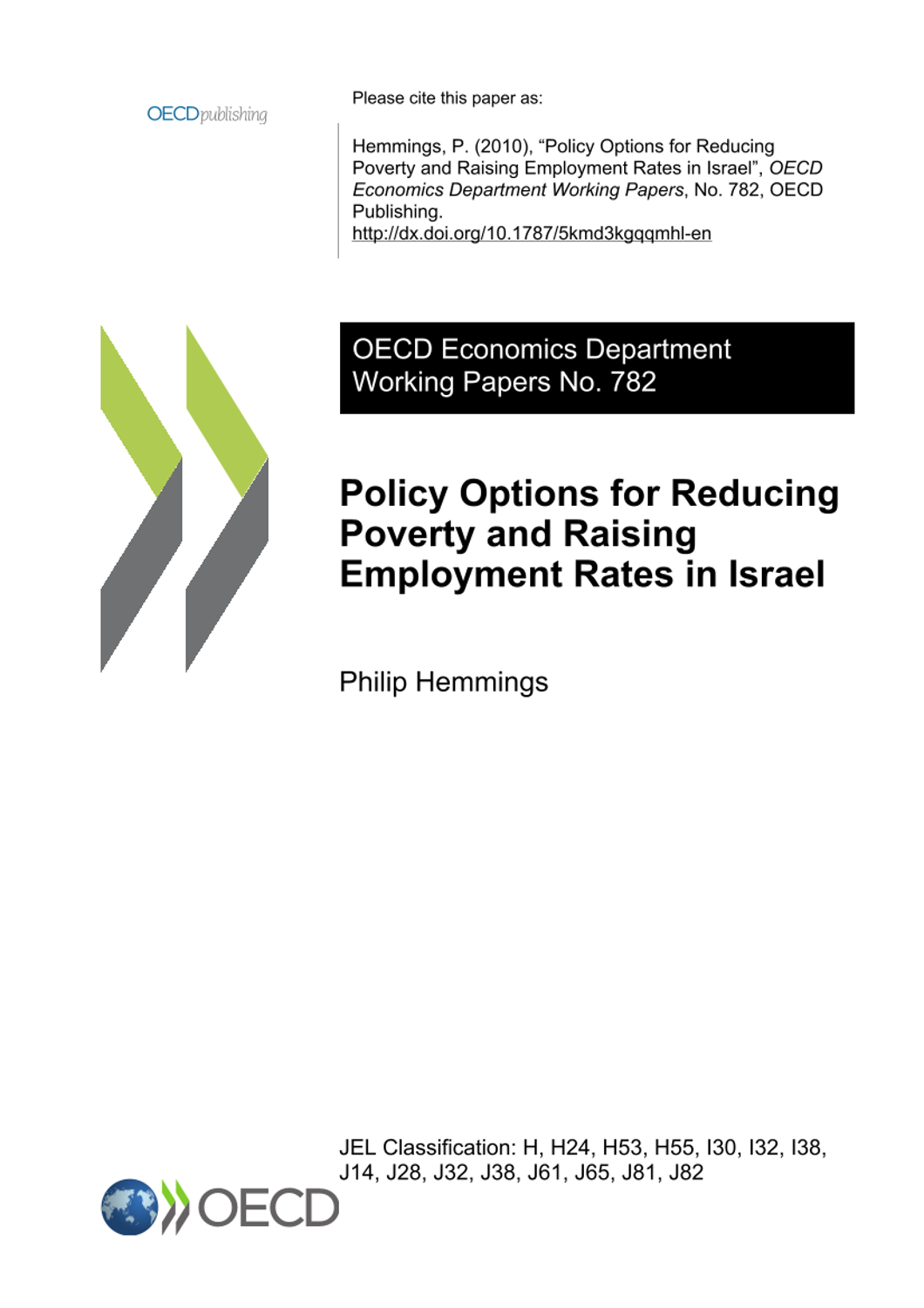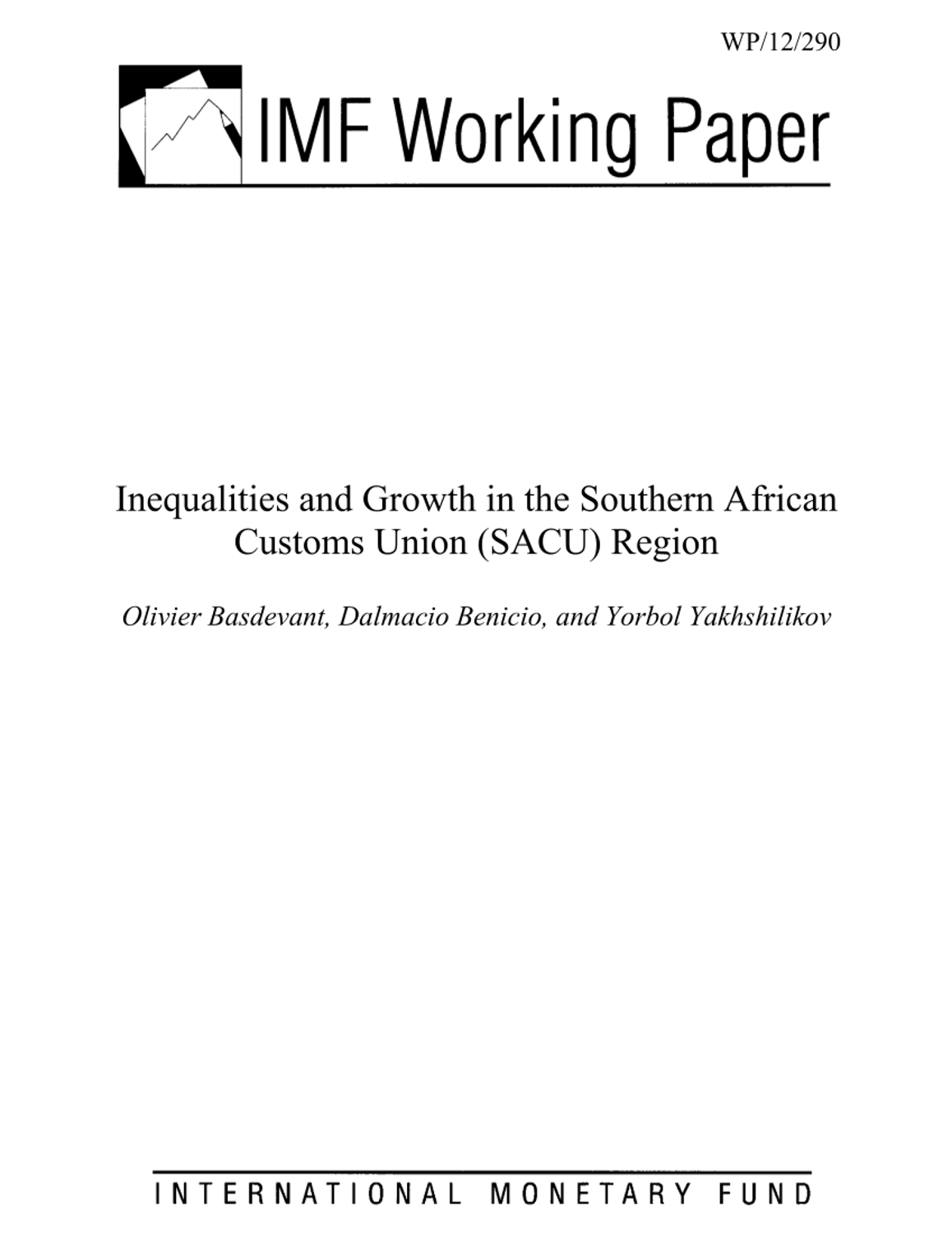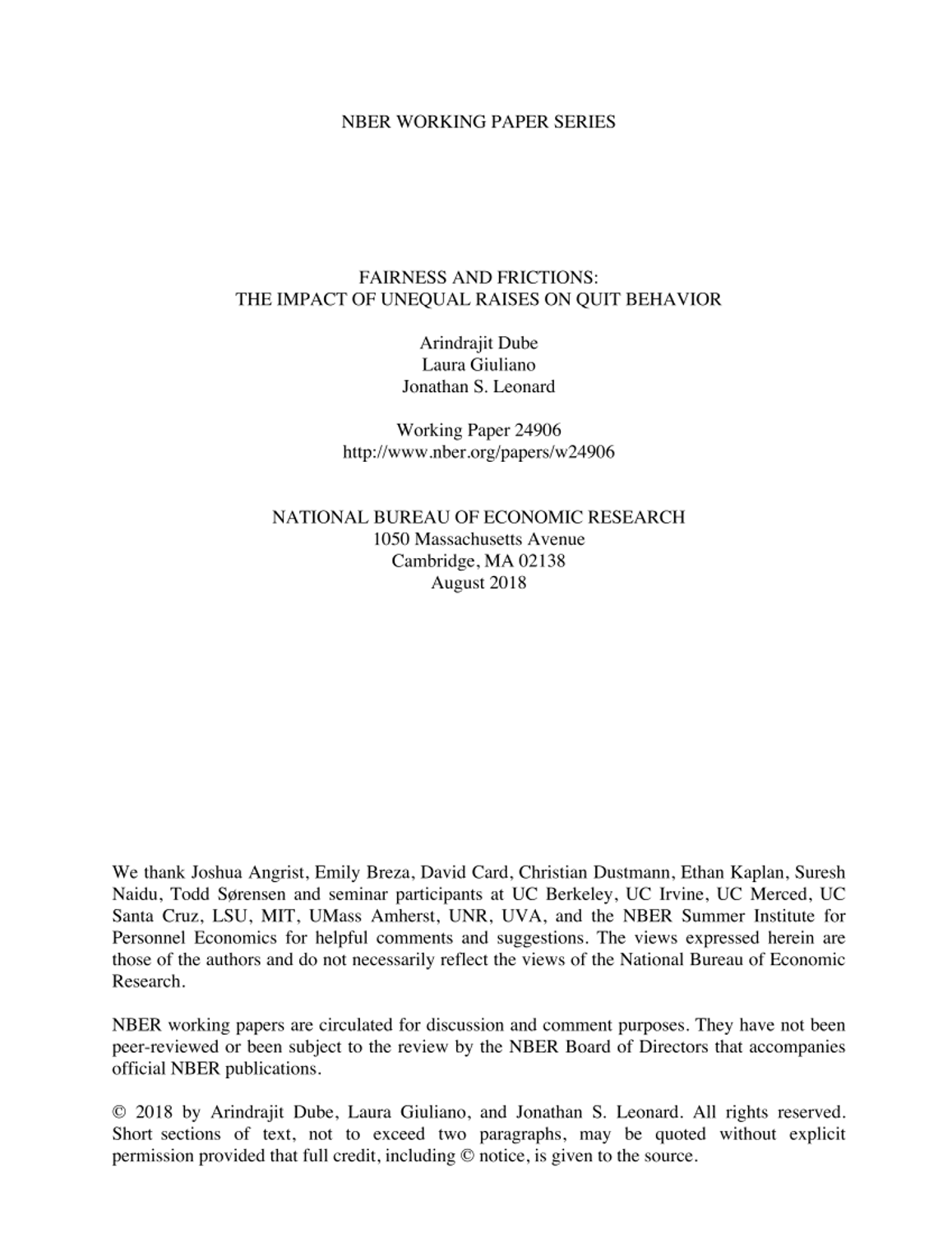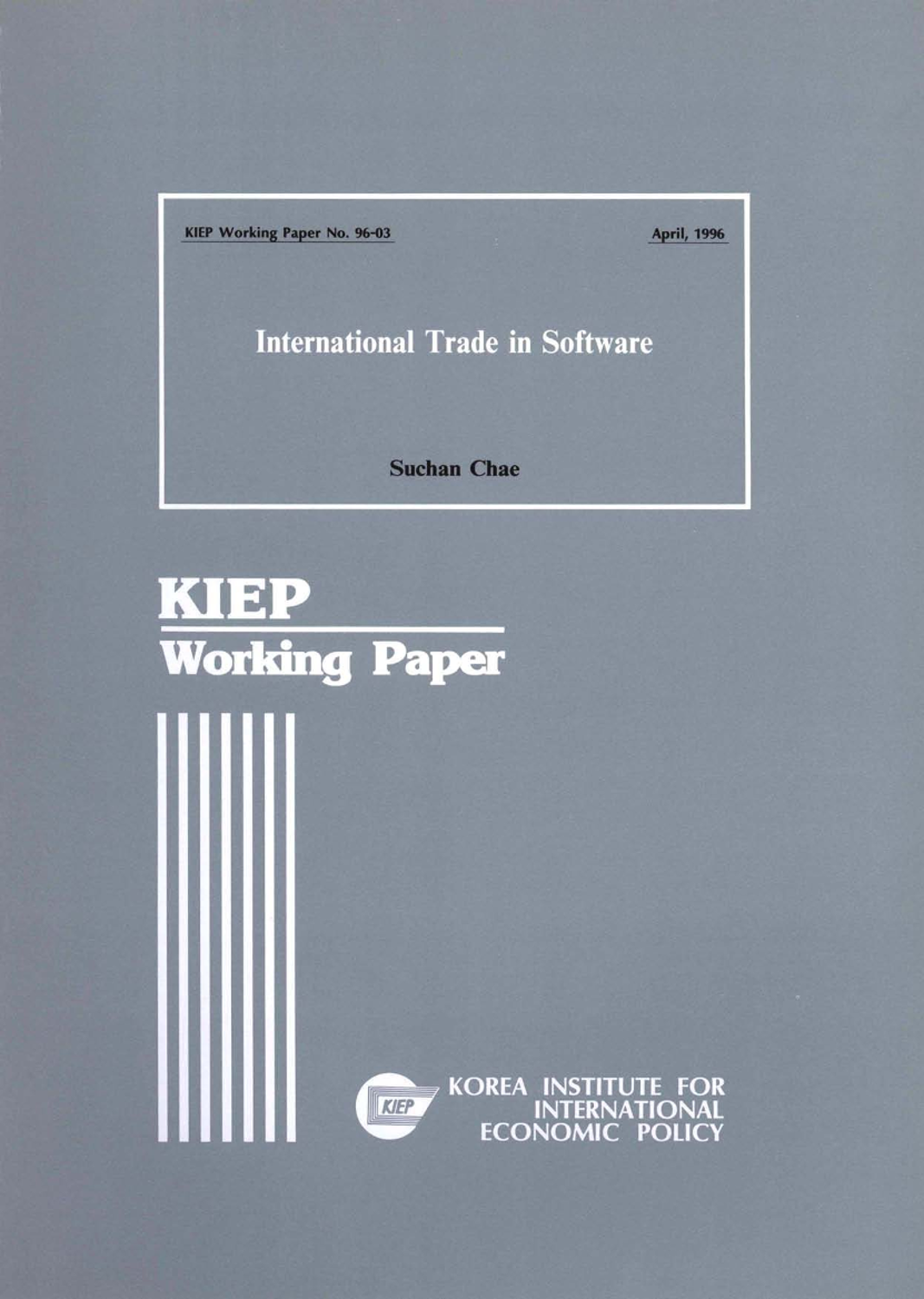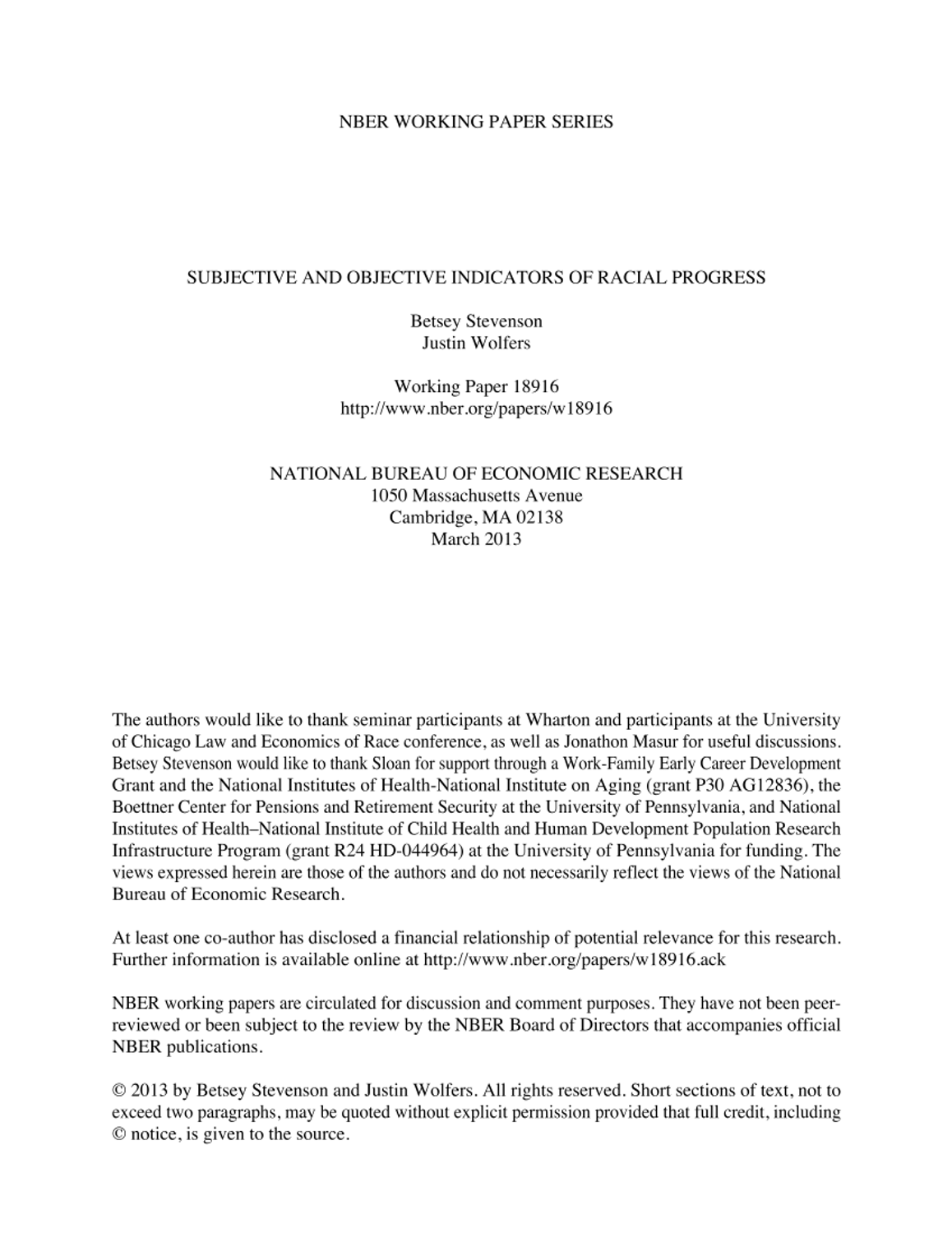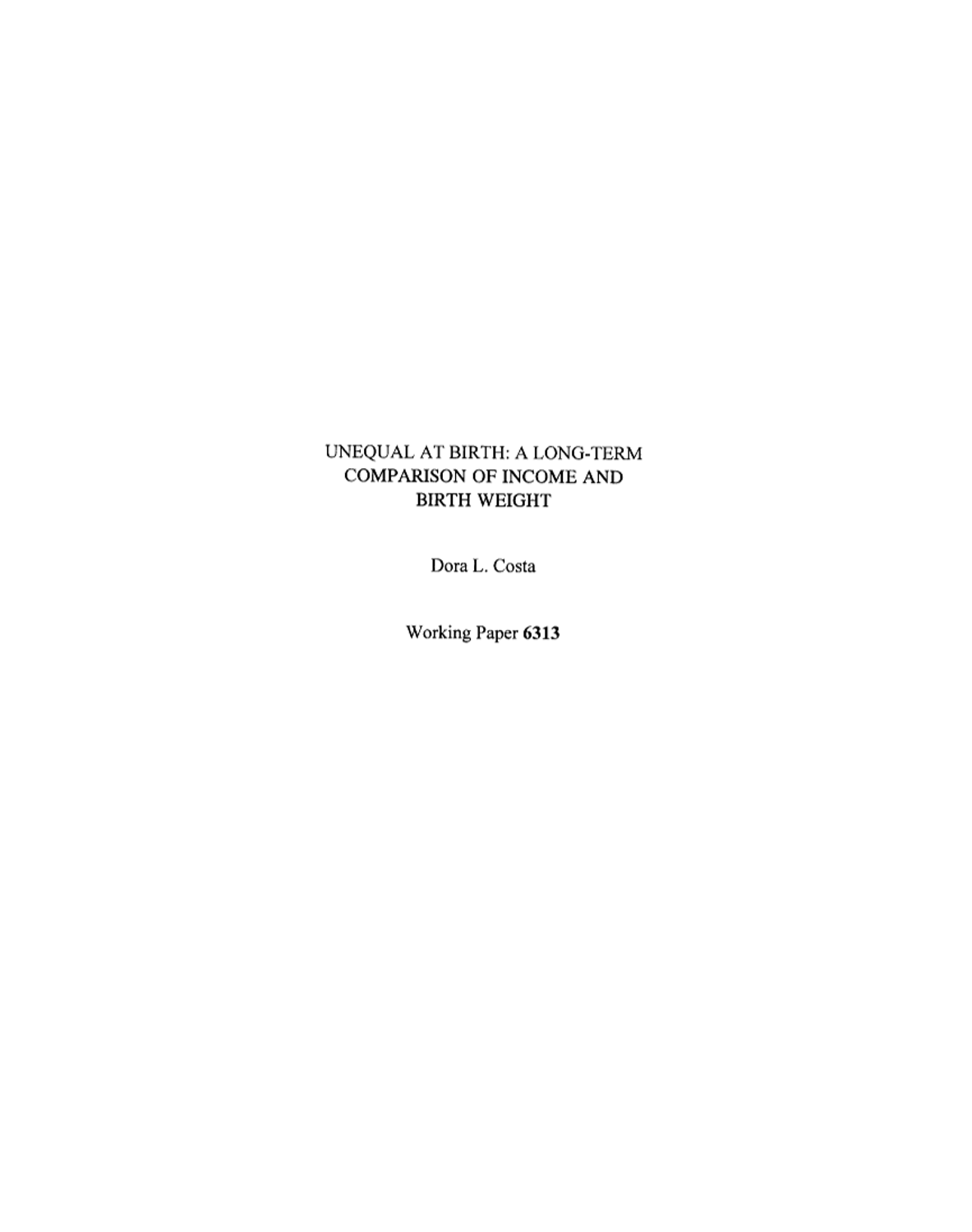연구보고서OECD Economics Department Working Papers 782
Policy options for reducing poverty and raising employment rates in Israel
- 청구기호
- WP 782
- 발행사항
- France : OECD, 2010
- 형태사항
- 33 p. :. PDF file ;. 735 KB
- 키워드
- PENSION, BENEFITS, TAX, CHILD CARE, POLICY, EMPLOYMENT, WELFARE, LABOUR MARKET, ISRAEL, ARAB, HAREDI, POVERTY, ULTRA-ORTHODOX
- 바로가기
소장정보
| 위치 | 등록번호 | 청구기호 / 출력 | 상태 | 반납예정일 |
|---|---|---|---|---|
이용 가능 (1) | ||||
| E0001520 | 대출가능 | - | ||
이용 가능 (1)
- 등록번호
- E0001520
- 상태/반납예정일
- 대출가능
- -
- 위치/청구기호(출력)
책 소개
Welfare-to-work measures are a central theme of Israel’s labour and social policies to tackle relative poverty, which is concentrated among the Arab-Israeli and Ultra-orthodox (Haredi) communities. Policies include pilot programmes involving private-sector job placement (the "Wisconsin" programme) and an earned-income tax credit. Also, there is increased policy attention to help parents to combine work and family through improvements to daycare and early education. Microeconomic simulations of taxes and benefits suggest room for augmenting these policies with adjustments to benefits and tax expenditures. In the labour market, hiring and firing regulations are light, while the minimum-wage is relatively high in comparison with OECD countries, but it is not strongly enforced. Poverty among pensioners is set to fall in the future with the recent introduction of mandatory second-pillar pension saving. But this reform has also raised questions about the structure of tax breaks on pensions. This Working Paper relates to the 2010 OECD Economic Survey of Israel (www.oecd.org/eco/surveys/israel)

